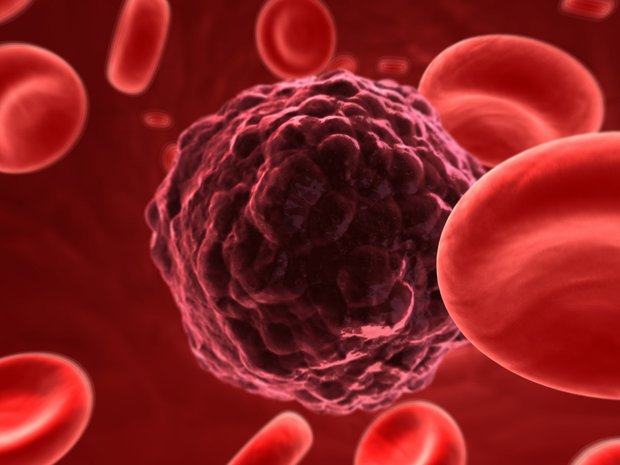Fatemeh Fathi, the Project Manager of “Developing a Radiomedicine for Relieving Advanced Cancer Pain”, said pains caused by the spread of cancer to bones are the most common pains in the advanced stages of cancer, especially in breast, prostate and lung cancers; “this kind of pain severely affects the quality of living of more than 85 percent of patients at this stage of cancer,” she said.
Noting that other treatments such as painkillers, hormone therapy or even surgery are not much effective on reducing cancer pain, Fathi added, “based on the studies conducted in this field, radiotherapy not only could fail to have the desired effect but it could also leave serious side effects on bone marrow or the gastrointestinal tract.”
The project manager advocated the superiority of injectable and oral radiomedicines for having mild and ineffective side effects, eliminating the need for sophisticated and complex equipment for evaluating and injecting radiomedicines, easier use, being more cost-friendly, more effective in alleviating pain and improving the patients’ lives considerably.
“In the project, an adequate amount of scandium radioisotope was irradiated at Tehran research reactor and then labeled in the laboratory to be used as a radiomedicine,” she said.
“Our experiments on the samples revealed that the absorption of the radiomedicine in rats under the study was significantly more evident in the bones than other vital organs such as the spleen or the bone marrow. This shows that the radiomedicines can be used to relieve bone pains more effectively,” she explained.
According to Fathi, the performance of this radiomedicine on human body has been predicated through mathematical models which showed that they could have similar effects on humans.
“The results of the research are very promising. We are very hopeful that the produced radiomedicines can have significant effect on alleviating chronic pain caused by the spread of multifocal cancers,” she said.
MS/2959371

























Your Comment